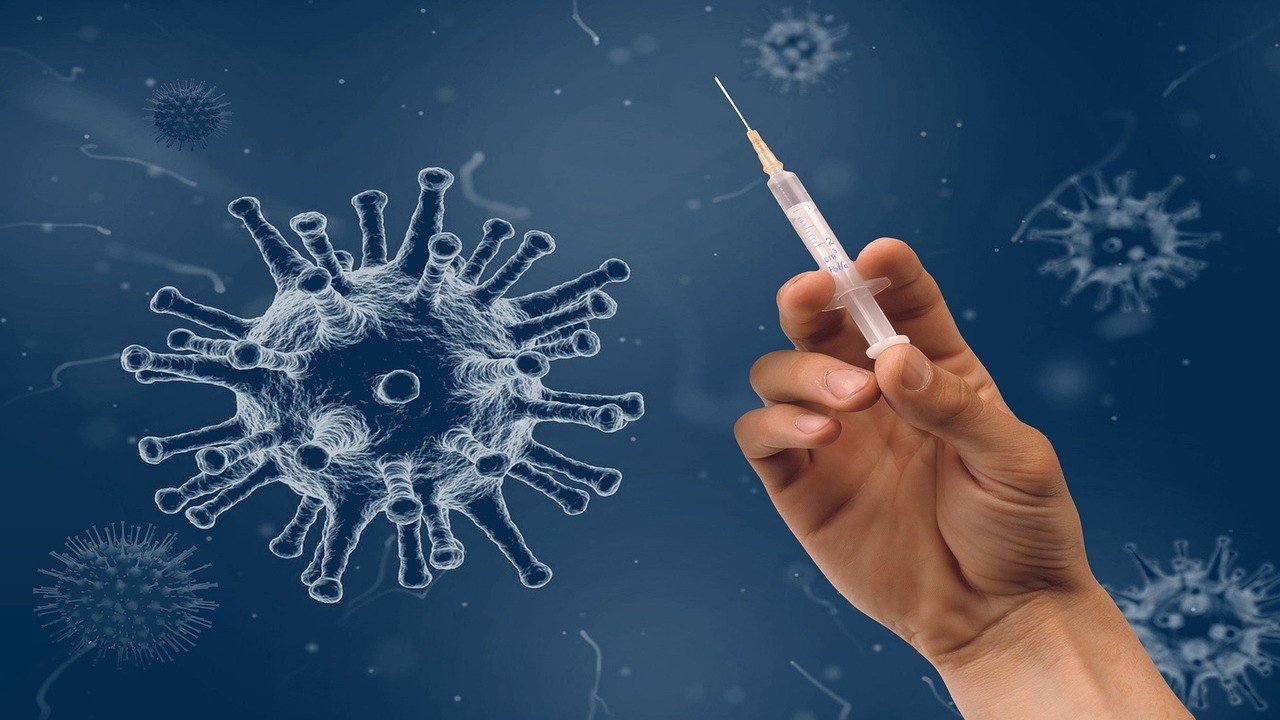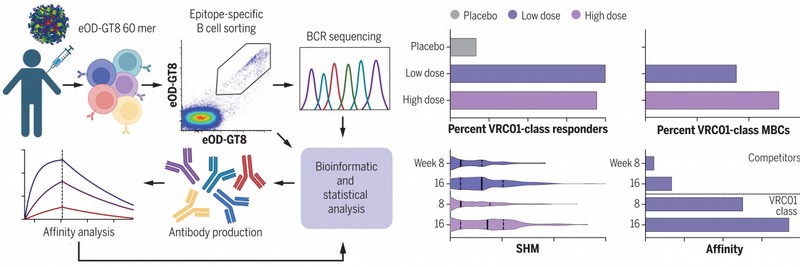HIV vaccine could be closer than expected, new experiment shows promising results
HIV vaccine volunteers have induced immune response in early clinical experiments.

An experimental HIV vaccine has been reported to elicit neutralizing antibodies within a small group of candidates in a Phase 1 study. The new findings reveal that two-dose of this vaccine, that is given between eight weeks has induced immune responses against the human immunodeficiency virus (HIV), that leads to AIDS.
Experimental HIV vaccine candidates elicits immune response
The experimental HIV vaccine which is called eOD-GT8 60mer, is reported to have a “favorable safety profile” and elicited broadly neutralizing antibodies in %97 of the group, that is in 35 out of 36 people, as revealed by the researchers from Scripps Research, the Fred Hutchinson Cancer Center, the National Institutes of Health and other institutions in the Sweden and United States.
“Learning how to induce broadly neutralizing antibodies against pathogens with high antigenic diversity, such as HIV, influenza, hepatitis C virus, or the family of betacoronaviruses, represents a grand challenge for rational vaccine design,” stated by the researchers of experiment. “Germline-targeting vaccine design offers one potential strategy to meet this challenge.”, they added.

Antibodies are known as proteins that are made by immune system to fight infections, and broadly neutralizing antibodies which this experimental HIV vaccine seeks to elicit in humans, are known to fight many genetic variants of HIV. However, they are unfortunately difficult to induce by vaccination methods.
'Super antibodies' against HIV
The unique thing in this experimental HIV vaccine is that it was modified to target the production of broadly neutralizing antibodies directly, as stated by Dr. Timothy Schacker, vice dean for research and program director in HIV medicine at the University of Minnesota Medical School.
“In HIV, when we’ve designed and tested vaccines in the past, they didn’t for whatever reason induce these broadly neutralizing antibodies,” he said. “Call them super antibodies, if you want. The broadly neutralizing antibodies work more efficiently. They’re better at controlling things.”








